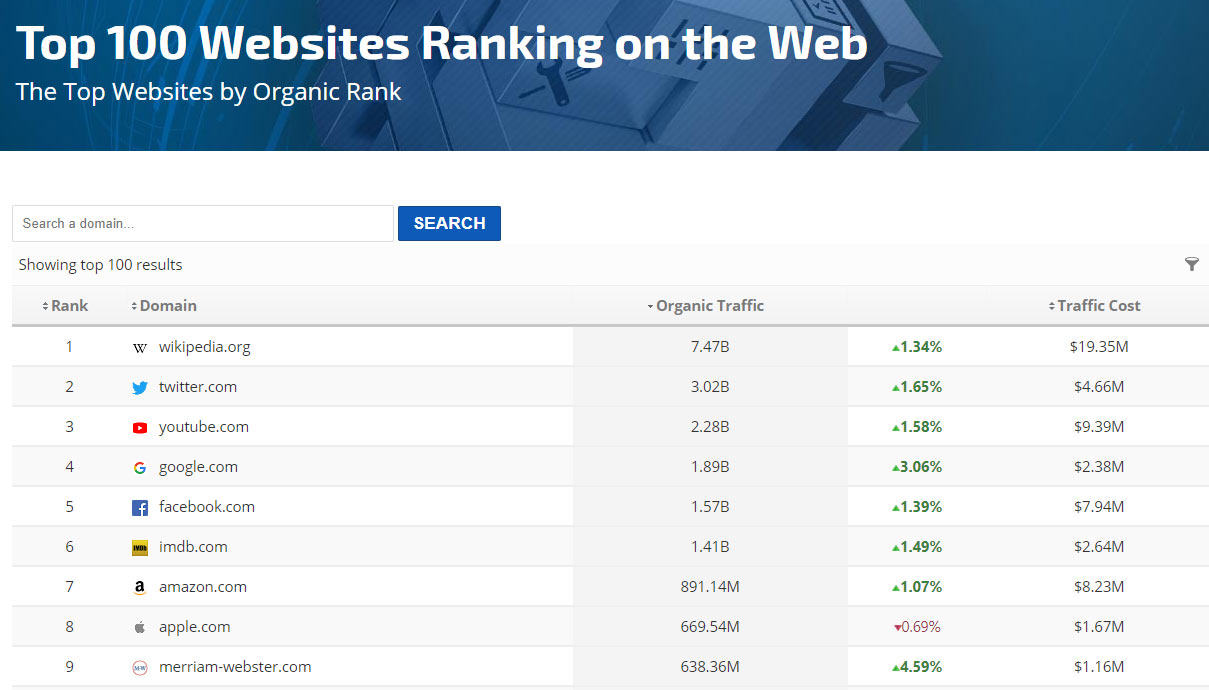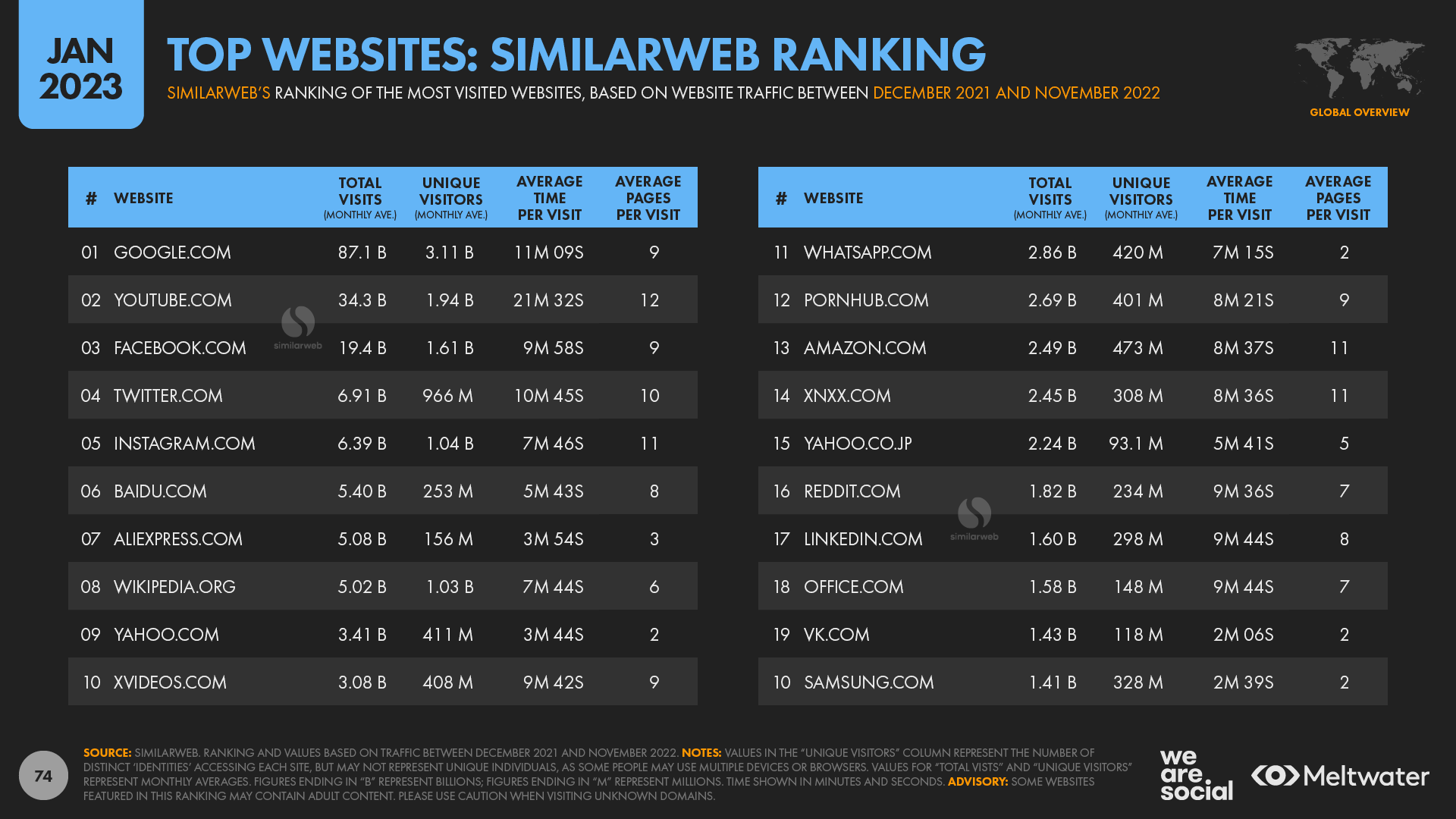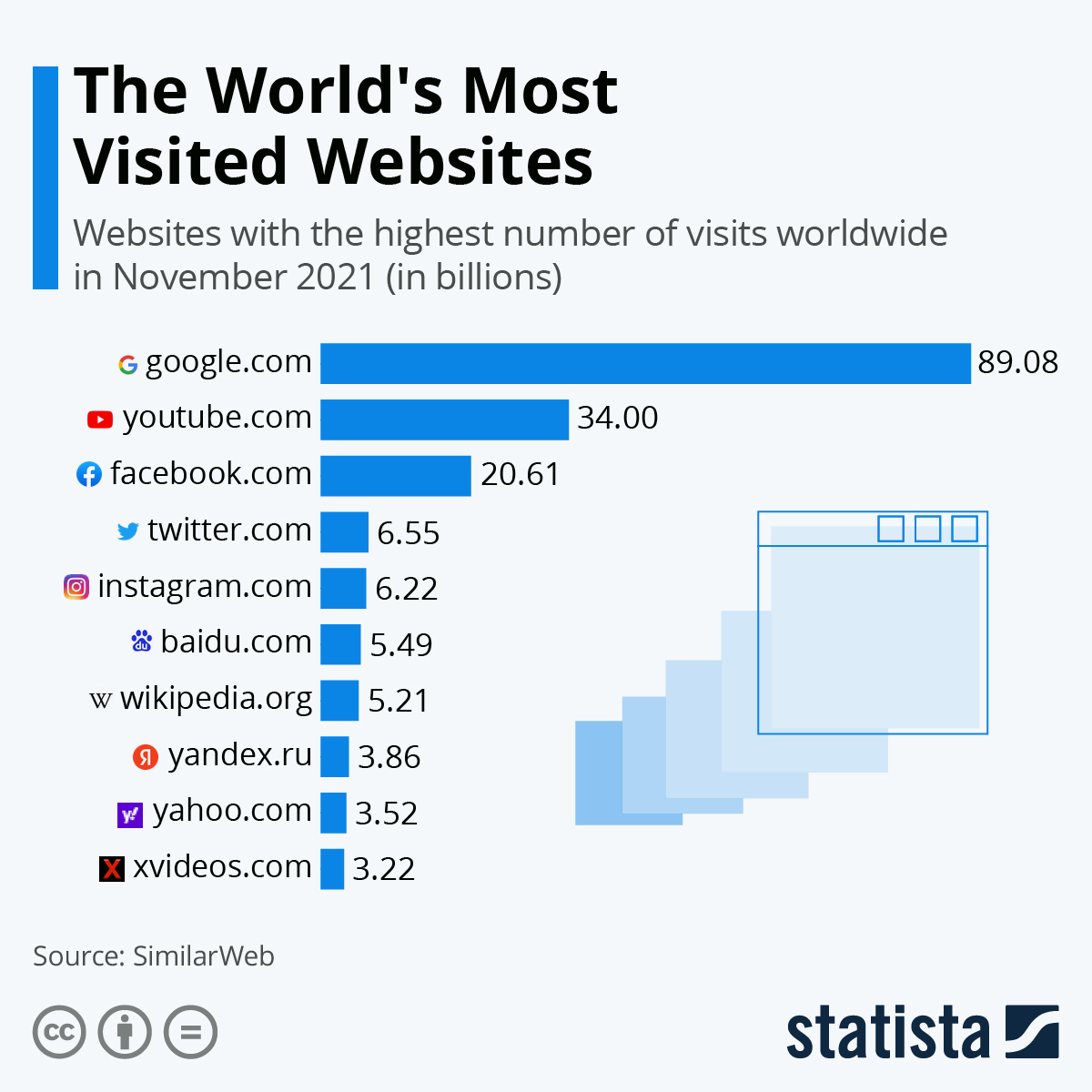Mastering Site Ranking: The Ultimate Guide To Boost Your Website's Visibility
Hey there, fellow web warriors! If you're reading this, chances are you're on a mission to conquer the world of site ranking. Let's be real—getting your website noticed in the vast digital jungle ain't easy. But don't sweat it, because today, we're diving deep into the art of site ranking. Whether you're a newbie or a seasoned pro, this guide has got your back. So, grab a cup of coffee, get comfy, and let's unravel the secrets to skyrocketing your site's visibility!
Look, site ranking isn't just some buzzword tossed around by digital marketers. It's the backbone of your online presence. Think about it—how often do you scroll past the first page of Google search results? Probably never, right? That's why mastering site ranking is crucial if you want your website to stand out from the crowd. And trust me, the competition is fierce out there.
But here's the good news: site ranking isn't rocket science. With the right strategies, tools, and a sprinkle of patience, you can climb those search engine rankings faster than you can say "algorithm update." So, buckle up, because we're about to take you on a wild ride through the world of site ranking. Are you ready? Let's do this!
What Exactly is Site Ranking?
Alright, before we dive into the nitty-gritty, let's break down what site ranking actually means. Simply put, site ranking refers to the position your website holds in search engine results pages (SERPs). The higher your ranking, the more likely people are to click on your site. Makes sense, right?
But here's the kicker—site ranking isn't just about being number one. It's about relevance, authority, and trustworthiness. Google and other search engines use complex algorithms to determine which websites deserve prime real estate on their SERPs. And trust me, they don't play favorites.
So, how do you crack the code? That's what we're here to figure out. By the end of this guide, you'll have a solid understanding of what it takes to boost your site's ranking and dominate the digital landscape.
Why Does Site Ranking Matter?
Now, you might be wondering, "Why should I even care about site ranking?" Well, my friend, here's the deal: site ranking is directly linked to your website's success. The higher you rank, the more organic traffic you'll drive to your site. And the more traffic you get, the better your chances of converting visitors into customers.
But that's not all. A strong site ranking also boosts your credibility and trustworthiness. Think about it—if your site consistently appears on the first page of search results, people are more likely to perceive you as an authority in your niche. And who doesn't want that?
Plus, let's not forget the financial aspect. Paid advertising can be expensive, but organic traffic is free. By optimizing your site ranking, you can reduce your reliance on paid ads and save a pretty penny in the long run. So, if you're looking to maximize your ROI, site ranking should be at the top of your priority list.
Key Factors Affecting Site Ranking
Alright, now that we've established why site ranking matters, let's talk about the factors that influence it. Spoiler alert: there are a lot of them. But don't panic—we'll break them down into manageable chunks so you can tackle them one by one.
Content Quality
Let's start with the obvious one: content. High-quality, relevant content is the foundation of a strong site ranking. Search engines love websites that provide value to users, so make sure your content is informative, engaging, and easy to digest.
But here's the thing—content quality isn't just about writing pretty words. It's about understanding your audience and delivering what they're looking for. So, before you start churning out blog posts, take some time to research your target audience and tailor your content to their needs.
Technical SEO
Next up, we have technical SEO. This is all about ensuring your website is optimized for search engines. Think of it as giving Google a helping hand to crawl and index your site efficiently.
Some key technical SEO factors include:
- Mobile-friendliness: With more people using smartphones to browse the web, having a mobile-friendly site is non-negotiable.
- Page speed: Slow-loading pages are a big no-no. Make sure your site is lightning-fast to keep users happy and reduce bounce rates.
- URL structure: Clean, descriptive URLs make it easier for both users and search engines to understand your content.
Backlinks
Backlinks are another crucial factor in site ranking. These are links from other websites that point back to yours. Think of them as votes of confidence from other sites, telling search engines that your content is worth checking out.
But here's the catch—not all backlinks are created equal. Quality trumps quantity, so focus on building relationships with reputable websites in your niche. And avoid spammy or low-quality backlinks at all costs—they can do more harm than good.
Tools to Monitor and Improve Site Ranking
Now that you know what affects site ranking, it's time to talk about the tools that can help you monitor and improve it. There are tons of awesome tools out there, but here are a few of our favorites:
Google Search Console
Let's start with the big G itself. Google Search Console is a free tool that provides valuable insights into your site's performance in Google search results. It shows you which keywords are driving traffic to your site, how many impressions you're getting, and more.
Plus, it alerts you to any issues that might be affecting your site's visibility, such as crawl errors or manual actions. So, if you're not already using Google Search Console, now's the time to sign up.
Semrush
Next up, we have Semrush. This is a powerful all-in-one SEO tool that helps you with everything from keyword research to backlink analysis. It also provides a site audit feature that identifies technical SEO issues and suggests fixes.
One of the coolest things about Semrush is its competitive analysis feature. It lets you spy on your competitors' SEO strategies, so you can see what's working for them and incorporate those tactics into your own plan.
Ahrefs
Finally, we have Ahrefs. This tool is a backlink analysis powerhouse, providing detailed insights into your site's backlink profile and those of your competitors. It also offers a site explorer feature that helps you discover new keyword opportunities and track your rankings over time.
With Ahrefs, you can see which pages are driving the most traffic to your site and identify areas for improvement. Plus, its user-friendly interface makes it easy to navigate, even for SEO newbies.
Strategies to Boost Your Site Ranking
Alright, now that you've got the tools, let's talk about the strategies you can use to boost your site ranking. These aren't quick fixes—think of them as long-term investments in your website's success.
Keyword Research
Keyword research is the foundation of any successful SEO strategy. It involves identifying the words and phrases your target audience is searching for and incorporating them into your content.
But here's the secret sauce—don't just focus on high-competition keywords. Long-tail keywords, which are more specific and less competitive, can be just as effective in driving targeted traffic to your site. So, mix it up and strike a balance between short-tail and long-tail keywords.
On-Page SEO
On-page SEO refers to the optimization of individual web pages to improve their search engine rankings. This includes everything from title tags and meta descriptions to header tags and image alt text.
Here are a few on-page SEO tips to keep in mind:
- Use your target keyword in your title tag, meta description, and header tags.
- Write compelling, user-friendly content that naturally incorporates your keywords.
- Optimize your images by adding descriptive alt text and compressing file sizes for faster loading.
Content Marketing
Content marketing is all about creating and sharing valuable content to attract and engage your target audience. It's a powerful way to build brand awareness, establish authority, and drive traffic to your site.
But here's the thing—content marketing isn't a one-size-fits-all solution. You need to tailor your strategy to your audience's preferences and consumption habits. For example, if your audience loves video content, consider investing in a YouTube channel or creating engaging video tutorials for your website.
Common Mistakes to Avoid in Site Ranking
Now that we've covered the strategies, let's talk about the mistakes to avoid. These are the SEO sins that can send your site ranking plummeting faster than you can say "penalty." So, pay attention and steer clear of these bad boys:
Keyword Stuffing
Keyword stuffing is the practice of cramming your content with keywords in an attempt to manipulate search engine rankings. It might have worked in the early days of SEO, but these days, it's a recipe for disaster.
Search engines are smarter than ever, and they can easily detect unnatural keyword usage. So, instead of stuffing your content with keywords, focus on creating high-quality, user-friendly content that naturally incorporates your target keywords.
Ignoring Mobile Optimization
With more people using smartphones to browse the web, ignoring mobile optimization is a huge mistake. Google has even made mobile-first indexing the default for new websites, meaning it primarily uses the mobile version of your site for ranking and indexing.
So, make sure your website is fully optimized for mobile devices. This includes using responsive design, optimizing images for faster loading, and ensuring your content is easy to read and navigate on smaller screens.
Buying Low-Quality Backlinks
Buying backlinks might seem like a quick and easy way to boost your site ranking, but it's a slippery slope. Low-quality or spammy backlinks can actually harm your site's credibility and lead to penalties from search engines.
Instead of buying backlinks, focus on building relationships with reputable websites in your niche. Guest blogging, partnerships, and collaborations are all great ways to earn high-quality backlinks naturally.
Case Studies: Real-World Examples of Site Ranking Success
To inspire you on your site ranking journey, let's take a look at some real-world examples of brands that have successfully boosted their rankings. These case studies highlight the strategies and tactics that worked for them, and how you can apply similar principles to your own website.
Example 1: A Local Bakery's SEO Transformation
A small local bakery in the UK was struggling to attract customers through their website. They had a beautiful design, but their site wasn't optimized for search engines, and they weren't ranking for any relevant keywords.
After conducting keyword research and optimizing their on-page SEO, they saw a significant increase in organic traffic. They also started a content marketing campaign, sharing recipes and baking tips on their blog, which further boosted their visibility and engagement.
Example 2: An E-commerce Giant's Ranking Recovery
An e-commerce giant faced a major setback when their site was hit with a Google penalty due to excessive keyword stuffing. They had to rebuild their SEO strategy from scratch, focusing on high-quality content and natural backlink building.
Through perseverance and a commitment to best practices, they managed to recover their rankings and even surpass their previous performance. Their story is a testament to the importance of playing by the rules and prioritizing user experience.
Conclusion: Your Journey to Site Ranking Success Starts Here
And there you have it—your ultimate guide to mastering site ranking. By understanding the key factors that influence your site's visibility and implementing the right strategies, you can boost your rankings and attract more organic traffic to your site.
Remember, site ranking isn't a one-time fix—it's an ongoing process that requires dedication, patience, and a willingness to adapt to changing algorithms and trends. But with the right mindset and tools, you can achieve long-term success and dominate the digital landscape.
So, what are you waiting for? Take action today and start optimizing your site for better rankings. And don't forget to share your success stories with us in the comments below. We'd love to hear how you're crushing it in the world of site ranking!
Table of Contents
- What Exactly is Site Ranking?
- Why Does Site Ranking Matter?
- Key Factors Affecting Site Ranking
- Tools to Monitor and Improve Site Ranking
- Strategies to Boost Your Site Ranking
- Common Mistakes to Avoid in Site Ranking

Top 100 Websites by Website Ranking Rank Ranger

Digital 2023 Global Overview Report — DataReportal Global Digital

Chart The World's Most Popular Websites Statista